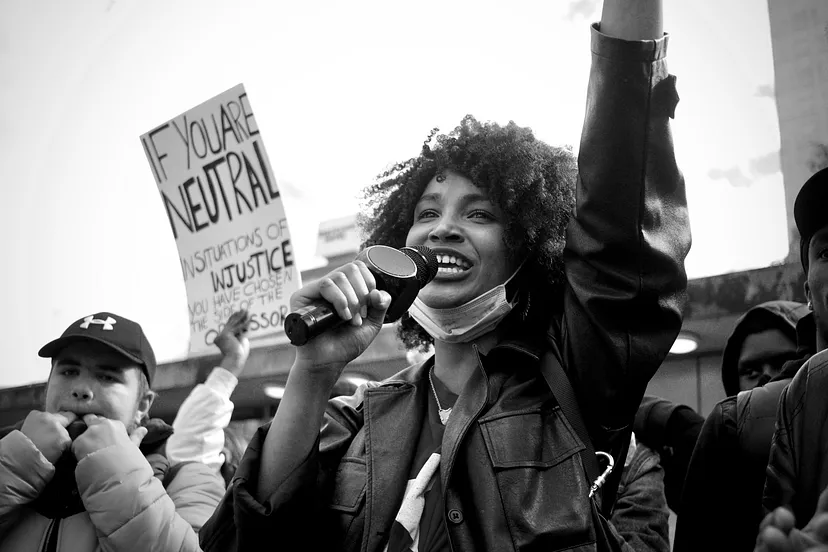Why Are We Obsessed with Young Heroes?
“Chosen Ones” by Veronica Roth shows exactly how we’d treat young protagonists after winning “The Final Battle.”
originally published on 6 April 2024 on Medium.com

photo by Sushil Nash on Unplash
We’re weirdly obsessed with young heroes.
I think I was thirteen when my teachers started telling their classes we would “save the world.” Odd, since we couldn’t even save ourselves.
You’re never too young to make a difference. With the breadth of young protagonists in real life, and in YA fiction, young people are positioned to be influential changemakers.
But what happens to these young people after they’ve fulfilled their purpose? Most of the time there’s no follow-up: we either don’t care or they’ve died.
What happens to young heroes after they’ve “saved” us?
Sloan Andrews saved the world ten years ago as a teenager. While the world moves on, she struggles with PTSD and is the problem in a failing relationship.
As a teenager, she and four others were tasked with saving the world from a villain who wanted to destroy theirs. Their primary goal “complete” at a young age, it seems they’re unable to be seen as anything else.
How can they, when they’ve spent most of their youth training for one cause?
“After the Dark One fell, the world went back to normal … for everyone but them. After all, what do you do when you’re the most famous people on Earth, your only education was in magical destruction, and your purpose in life is now fulfilled?”
The double-edged obsession with young people’s achievements.
We put unnecessary pressure on young people to achieve greatly at such a young age. Where does that take us? Hoards of young people feeling like they’re not enough if they haven’t graduated at 22, bought a house at 25, and make the Forbes 40 Under 40 before they’re 30.
Celebration of young achievement is necessary. It turns into a double-edged sword when we expect the impossible yet don’t support them.
“We’re all too happy to champion young people when they’re making history or racking up medals.”
America is obsessed with young prodigies — until they stop being superhuman.
We should celebrate when young people accomplish something noteworthy. It shows their grit, resilience, and creativity. After continuing to pass the baton so many times, we start to expect young people to solve the problems of previous generations for us.
This feels less like “letting the young people lead” and feels more like a lazy tactic disguised as flattery to younger people.
Gives kids the option of not “saving” the world
Since I was in elementary school, adults would make a point to tell me and my peers that we will be the ones to fix the problems that “they couldn’t fix themselves.”
Why do we want to burden young people to save us?
Because we’ve given up trying to help them save ourselves?
Teens are held to conflicting standards — treated like kids but expected to act like adults rather than being seen as growing and developing.
Young achievers are more likely to be burned out and make achieving things, or in this case saving the world, their whole identity. When you’re put on a pedestal and known for one thing, you only exist in one-dimension. It might be hard to believe that dedicated activists have identities outside their activism as well.
Conclusion
When you read The Chosen Ones, you believe that no one in our world would ever do such a thing to young kids. We would support them, we would rehabilitate them, we would do everything in our power to help them succeed.
But the world never stays saved.
Sloan and her friends are called back in action to fight a similar threat, never truly recovering from the first. The reunion of their once close band of friends allows them the closure everyone else in the world didn’t allow them.
We all know one person who had the weight of the world on their shoulders as a young child or teenager — maybe you’re one of them.
How are they faring as an adult now, after being told they’re so strong and mature for their age?
We look to young people as beacons of hope. But sometimes it feels like a subversive statement: save us so we don’t have to save ourselves.